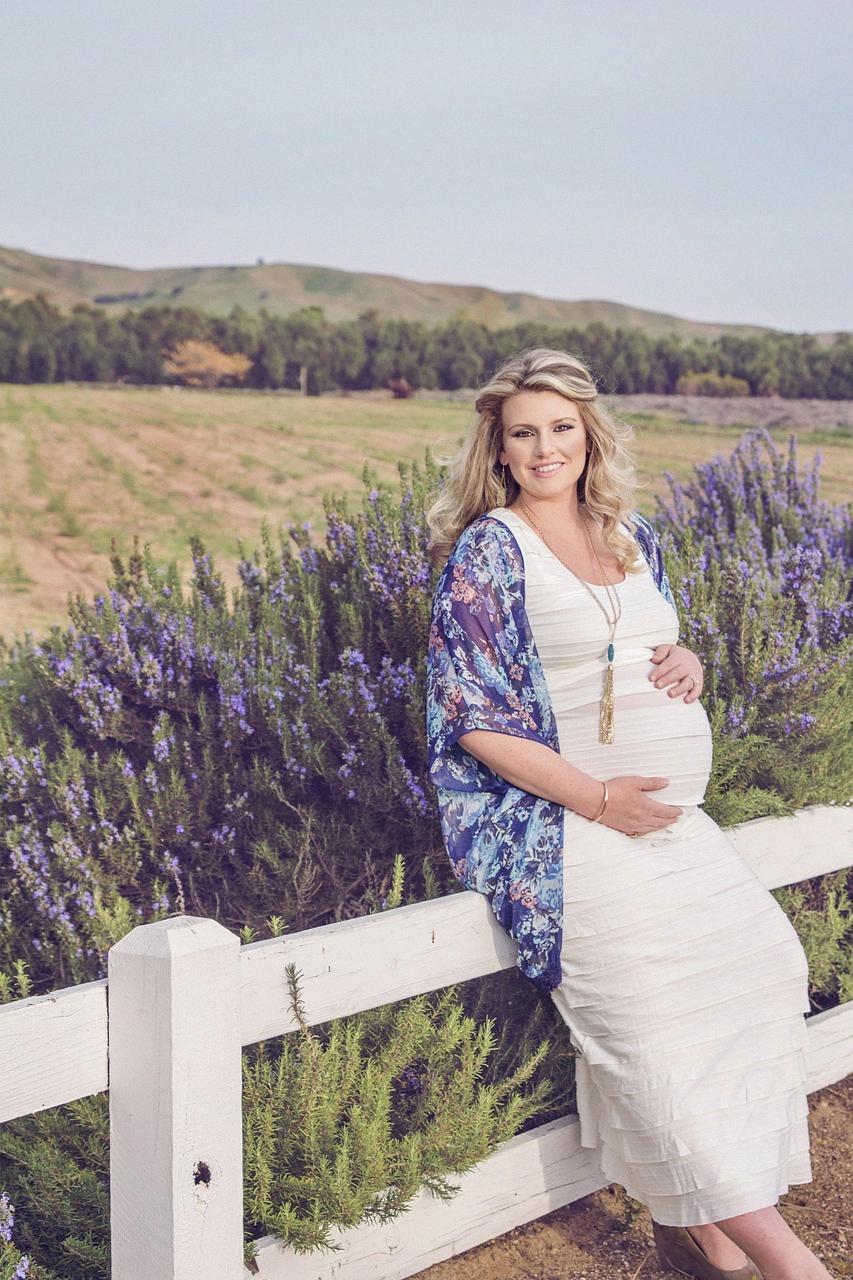When it comes to the question of whether or not it is safe to have a baby at 28 weeks, it’s crucial to understand the concept of preterm birth. Babies born before 37 weeks of gestation are considered preterm, and 28 weeks falls within this category. At this stage, the baby is still developing crucial organs and functions, making premature birth a significant concern.
Survival Rates and Health Outcomes
According to medical statistics, survival rates for infants born at 28 weeks gestation are quite promising, ranging between 80-90 percent. This means that the majority of babies born at 28 weeks have a good chance of surviving and thriving outside the womb. Additionally, only about 10 percent of babies born at 28 weeks experience long-term health problems, indicating a relatively positive outlook for these infants.
The Importance of Medical Care
While survival rates are encouraging, it’s essential to underscore the critical role of medical care in the outcome of premature babies. Neonatal intensive care units (NICUs) play a crucial role in providing the specialized care and support needed for premature infants, helping to improve their chances of survival and long-term health.
Potential Complications and Challenges
Despite the positive statistics, it’s important to acknowledge that premature birth, including at 28 weeks, can come with its share of potential complications and challenges. Premature babies may face issues such as respiratory distress syndrome, feeding difficulties, and developmental delays, among others.
Developmental Milestones and Long-Term Monitoring
Monitoring developmental milestones and addressing any potential concerns early on are crucial aspects of caring for a baby born at 28 weeks. Regular check-ups, developmental assessments, and interventions as needed can help support the baby’s growth and development over time.
Emotional and Mental Health Considerations
It’s also essential to recognize the emotional toll that having a baby born at 28 weeks can take on parents and families. The stress, anxiety, and uncertainties that may arise as a result of premature birth require support, understanding, and access to resources for mental health and well-being.
Parental Involvement and Bonding
Despite the challenges, parents of babies born at 28 weeks can still participate actively in their care and bonding. Skin-to-skin contact, kangaroo care, and engagement in caregiving activities can foster a strong bond between parents and their premature baby, supporting the baby’s overall well-being.
Support Systems and Community Resources
Building a strong support network and accessing community resources can be instrumental in navigating the journey of having a baby born at 28 weeks. Support groups, online forums, and informational resources can provide valuable guidance, encouragement, and connections with others who may be going through similar experiences.
Education and Advocacy
Education about preterm birth, advocacy for policies and practices that support premature babies and their families, and raising awareness about the challenges and needs of premature infants can contribute to a more supportive and informed society.
Celebrating Milestones and Achievements
Every milestone achieved by a baby born at 28 weeks, whether it’s taking the first breath independently, reaching developmental goals, or thriving despite early challenges, is a cause for celebration. Acknowledging and honoring these achievements can instill hope, resilience, and positivity in the journey.
Conclusion: Nurturing Hope and Resilience
In conclusion, while the question of whether it is safe to have a baby at 28 weeks may come with its complexities and considerations, the potential for survival and positive outcomes is noteworthy. With medical care, support, education, advocacy, and a nurturing environment, babies born at 28 weeks can grow, thrive, and overcome challenges, embodying the spirit of hope and resilience.

